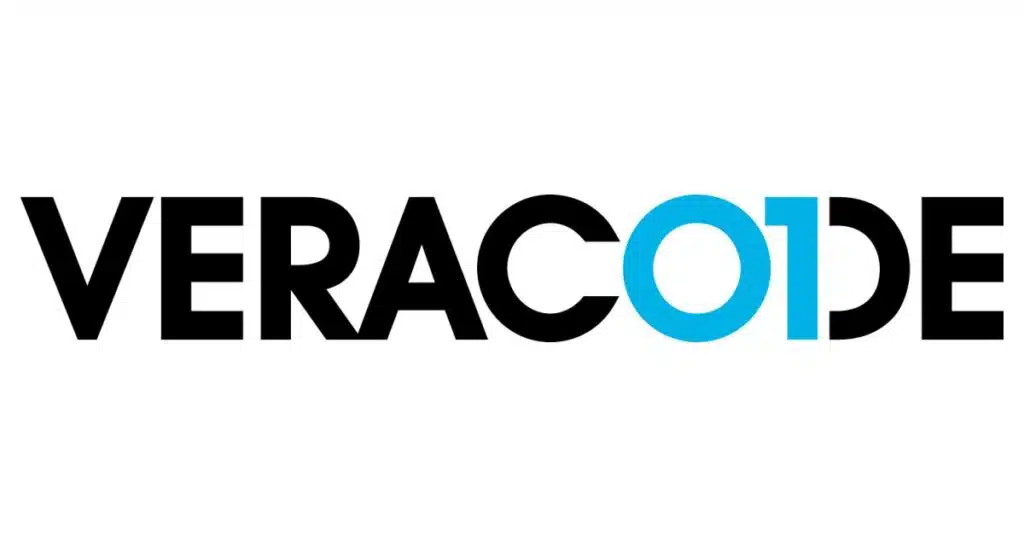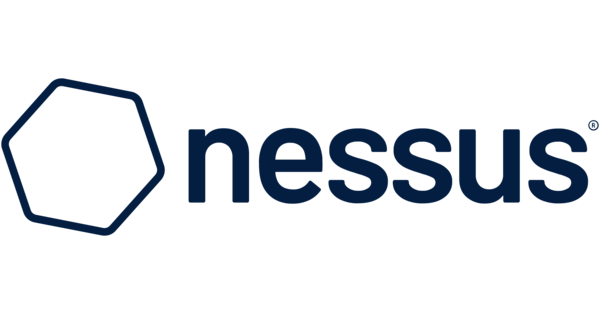What is Snyk?
Snyk is an application security testing tool that lets you identify and remediate vulnerabilities in open source components, proprietary source code, containers, and infrastructure as code (IaC) templates. It is cloud-based and offered on a monthly subscription basis, with a limited free plan.
Snyk was designed to be used directly by developers, not security teams. It enables developers to test their work directly in an IDE, via the command line, or via automated tests integrated with a CI/CD pipeline. Snyk integrates with many tools commonly used in a DevOps environment, such as JIRA, GitHub, Jenkins, Slack, and Eclipse. It uses a semantic analysis engine to reduce false positives, by cross referencing code against historical data.
This is part of a series of articles about Web Application Security.
Related content: Read our guide to application security testing
In this article we review the following Snyk alternatives:
1. Bright Security

Bright is a developer-focused Dynamic Application Security Testing scanner. It removes legacy DAST tools’ limitations and pain points, providing security testing automation for CI/CD and DevOps pipelines, to test both modern applications and APIs early and often, at speed and with NO false positives. A free account is available.
Features
- Integrates into CI/CD pipelines seamlessly.
- Full support for testing microservices, single page applications, APIs (SOAP, REST, GraphQL) and authentication mechanisms.
- Tailored to developers, it uses proprietary Smart Scanning to remove complex configurations and test setup, enabling developers to run the most important tests, without the need to be a cyber security expert.
- Each pull request or build can be tested, ensuring scans perform at the speed of DevOps while successfully identifying vulnerabilities.
- Eliminates false positives in an automated way, removing the need for manual validation and false alerts, saving time for security teams and developers.
- Provides transparent, developer friendly remediation guidelines with full proof of concept of the exploit.
- The only DAST scanner to automatically detect Business Logic vulnerabilities, reducing further the reliance on manual testing and putting comprehensive scanning into the hands of developers.
2. GitLab

GitLab is a cloud-based project management platform that enables software developers to jointly develop and manage code. The platform can be deployed locally or in the cloud.
GitLab helps developers manage the entire lifecycle of their code, from initial planning to deployment of the code in a production environment. Users can upload their code to a managed repository, and GitLab provides a repository mirroring, allowing users to access repositories on other servers via the GitLab interface.
Features
GitLab’s main features include Git repository management, code reviews, issue tracking, activity feeds, and audit logs. The code review feature allows users to rate code and provide comments for colleagues. The platform also provides continuous integration (CI) and continuous delivery (CD) for code testing, building and deployment.
Learn more in our detailed guide to mobile security.
3. Veracode

Veracode is a static application security testing (SAST) solution that helps manage security risks of development pipelines. It monitors source code and helps developers identify and remediate vulnerabilities. Veracode also allows administrators to scan applications prior to deployment and ensure compliance with industry standards.
Features
Features include automatic notifications, server monitoring, analytics, scanning across all popular programming languages, automated workflows, auditing, and custom reports.
Veracode comes with APIs that let you integrate with CI/CD tools including Github, Apache Maven, JIRA, Azure DevOps, Artifactory, Bamboo, and Docker.
Related content: Read our guide to SAST
4. Checkmarx

Checkmarx Static Application Security Testing (CxSAST) is a static analysis platform that lets you identify security vulnerabilities across your entire codebase. It also supports policies that let you automate security testing workflows.
Features
Checkmarx features include cookie scope evaluation, process control, command injection detection, data filtering and analysis, and integration with collaboration tools. CxSAST supports all popular programming languages, and integrates with agile planning, error tracking, and release orchestration platforms via APIs.
5. Nessus

Nessus is a cloud-based solution that identifies vulnerabilities in software systems, prioritizes critical issues, and speeds up remediation. It provides an audit trail that lets you view granular details like vulnerability status, severity, and remediation progress, across historical scans.
Features
Nessus features include the Tenable Vulnerability Priority Rating (VPR) tool, which combines data science and threat intelligence capabilities to alert about critical vulnerabilities, and flexible vulnerabilities grouping. It creates customizable reports in HTML, CSV, and XML formats, with preconfigured templates for standard processes like compliance auditing and patch management.
6. Black Duck
Black Duck has been acquired by Synopsys. It provides an open source management and license compliance solution. The solution is based on a knowledge base of over 4.5 million open source projects and 2,750 open source licenses. Identifies risks in software applications and containers, prioritizing vulnerabilities and providing specific remediation guidance.
Related content: Read our guide to websocket security.
Features
Black Duck Binary Analysis scans source code and binary code to find open source components. It continuously monitors for new vulnerabilities and alerts developers, security teams, and legal teams.



